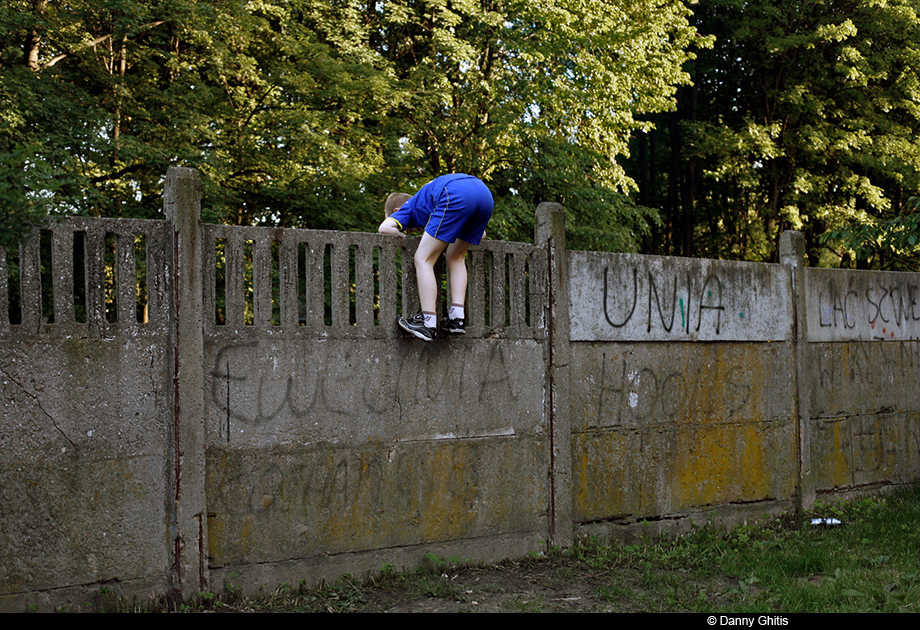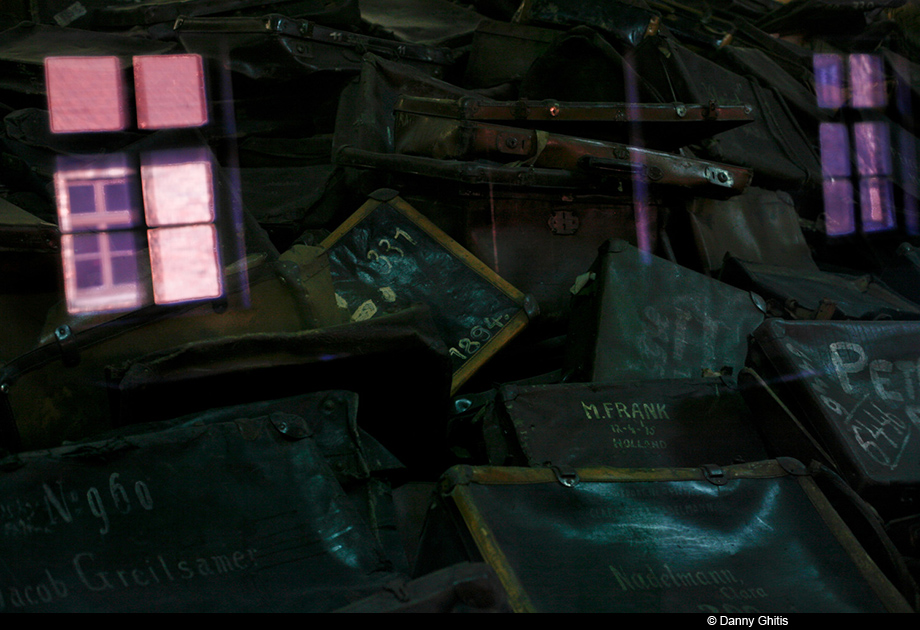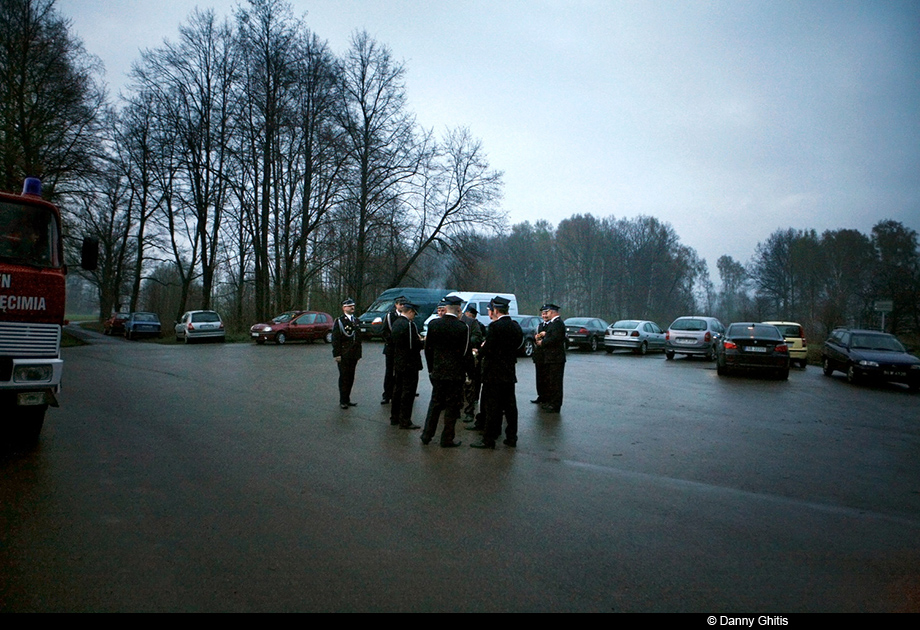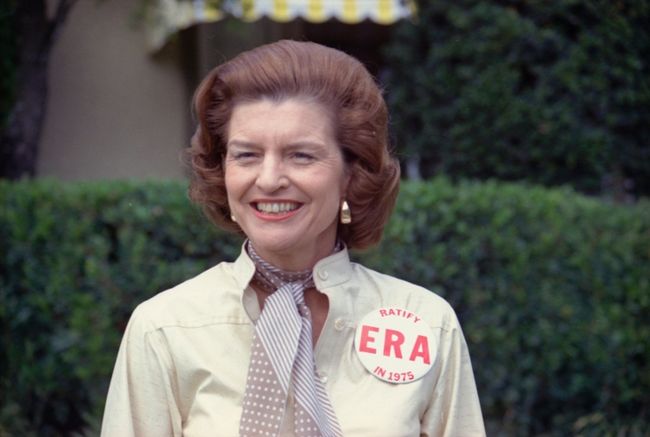Notes
Danny Ghitis in Poland: Stealing From Auschwitz
 A young boy climbs the barrier between the “Muzeum” apartment complex and the Auschwitz concentration camp museum.
A young boy climbs the barrier between the “Muzeum” apartment complex and the Auschwitz concentration camp museum.
Every so often, Auschwitz appears in headlines around the world. Since the symbol is so evocative it ascribes meaning to events that would normally slip under the radar. For the third time this year, thefts became elevated to international news as tourists made away with artifacts from the death camp museum. And rightfully so. In Poland, stealing culturally important items is punishable by ten years in prison. The people caught last week were released with a hefty fine and a suspended sentence.
We know little about the tourists’ motivation for stealing from such a place, but what I find interesting is the psychological impact of an old stolen spoon or a screw. A mundane object is transformed into a symbol of suffering and oppression when it becomes an “Auschwitz spoon.”
 Thousands of confiscated suitcases of Auschwitz prisoners are on display at the museum behind panes of glass.
Thousands of confiscated suitcases of Auschwitz prisoners are on display at the museum behind panes of glass.
Several years ago a controversy arose over a disco built in the town Oswiecim within a mile of the memorial site at a former tannery where prisoners worked. The disco eventually closed, and now an open field remains. Starting last summer, the town has held a “Life Festival” at the soccer stadium adjacent to that field, where thousands of people listen to loud rock music. For some reason, the headlines were quiet. Only a few spoke about the message of peace sung by Reggae star and religious Jew Matisyahu at this year’s concert. Why the discrepancy? It seems news outlets are more concerned with capitalizing on sensational opportunities that evoke pain rather than steps toward reconciliation.
Glenn Beck himself will be visiting Auschwitz later this year and broadcasting from Osweicim. I’d rather not speculate on how he will approach the subject, but it’s a juicy move for publicity. The man whose words have been called “bigoted ignorance” by Anti-Defamation League director Abraham Foxman will get plenty of media attention by inserting himself into an Auschwitz conversation.
 Firemen convene in a parking lot near Birkenau before a memorial service for thousands of murdered Russian POWs. The service took place as an act of reconciliation after Polish President Lech Kaczynski’s plane crashed on Russian soil.
Firemen convene in a parking lot near Birkenau before a memorial service for thousands of murdered Russian POWs. The service took place as an act of reconciliation after Polish President Lech Kaczynski’s plane crashed on Russian soil.
Citizens of Oswiecim live with an odd duality every day. On the surface the town is a very bland place; almost too bland. But in one lifetime, the arc of history has spanned prewar peaceful coexistence with Jews, the horror of Nazi occupation, the drab Soviet era, on into contemporary democratic Poland. The weight hangs heavy on their collective memory.
–Danny Ghitis
PHOTOGRAPHS by DANNY GHITIS
Please see previous post on Ordinary Life In Auschwitz


Reactions
Comments Powered by Disqus